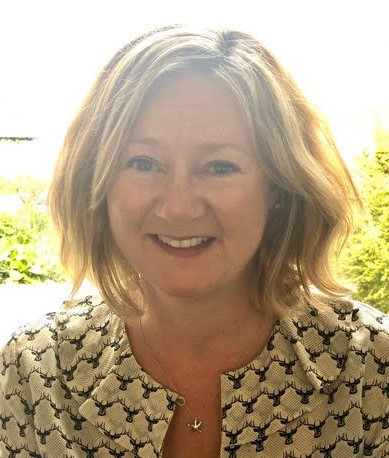Real-time air quality monitoring may be coming to Brighton and Hove after councillors unanimously backed a call for a city-wide set up.
Independent councillor Bridget Fishleigh asked fellow members of Brighton and Hove City Council to bring in a proper monitoring system and a policy requiring new homes and business premises to instal monitors.
Councillor Fishleigh put forward a motion at a meeting of the full council meeting last Thursday (15 July) after attending Clean Air for Brighton and Hove meetings. She heard local residents share their concerns about air quality in the area.
North Street has been named as one of Britain’s most polluted streets with high levels of NO2 (nitrogen dioxide). N02 levels also high in Old Steine, London Road and Lewes Road.
She said: “Since I became a councillor, I’ve called for environmental impact assessments for all agreed and future changes to the city’s trunk roads, including Valley Gardens phase 3, Madeira Drive, Duke’s Mound, Old Shoreham Road and the A259.
“These would help predict and measure how changes affect congestion, traffic flow and pollution.
“Sadly, I was unable to secure support from the Green and Labour councillors for these.
“The only real reason that anyone would oppose full environmental impact assessment is that they are afraid that they wouldn’t like what it says and that it wouldn’t fit with the agenda they are pushing.”
Councillors of all parties and none backed Councillor Fishleigh’s request which will now go before both the council’s Environment, Transport and Sustainability Committee and the Tourism, Equalities, Communities and Culture Committee.
Green councillor Marianna Ebel said that her group supported the monitoring system because traffic pollution caused an estimated 175 avoidable deaths a year locally.
She said: “Many residents suffer from chronic illnesses such as asthma and other respiratory diseases which are linked with poor air quality.
“The importance of clean air has been highlighted by the covid pandemic where poor air quality was linked to a higher risk of dying of covid.”

Labour councillor Amanda Evans spoke in favour of air quality monitoring. She said that her daughter developed severe asthma when they moved from a quiet street close to her school to another quiet street which was a busy main road away from the same school.
She said: “My daughter was six when she had her onset attack one November day and was admitted to the children’s hospital as an emergency, where she stayed a week.
“The doctor who admitted her stopped me that first evening from going home to collect pyjamas for her because she ‘might not be there’ by the time I got back. It remains probably the most shocking moment of my life.”
She said that medics agreed that the busy road had something to do with her asthma and mentioned November as a peak time because of Bonfire Night.
Now, Councillor Evans said, her daughter avoids walking along main roads.
She added that if the technology existed to allow real-time monitoring, then the council should look into getting it.









